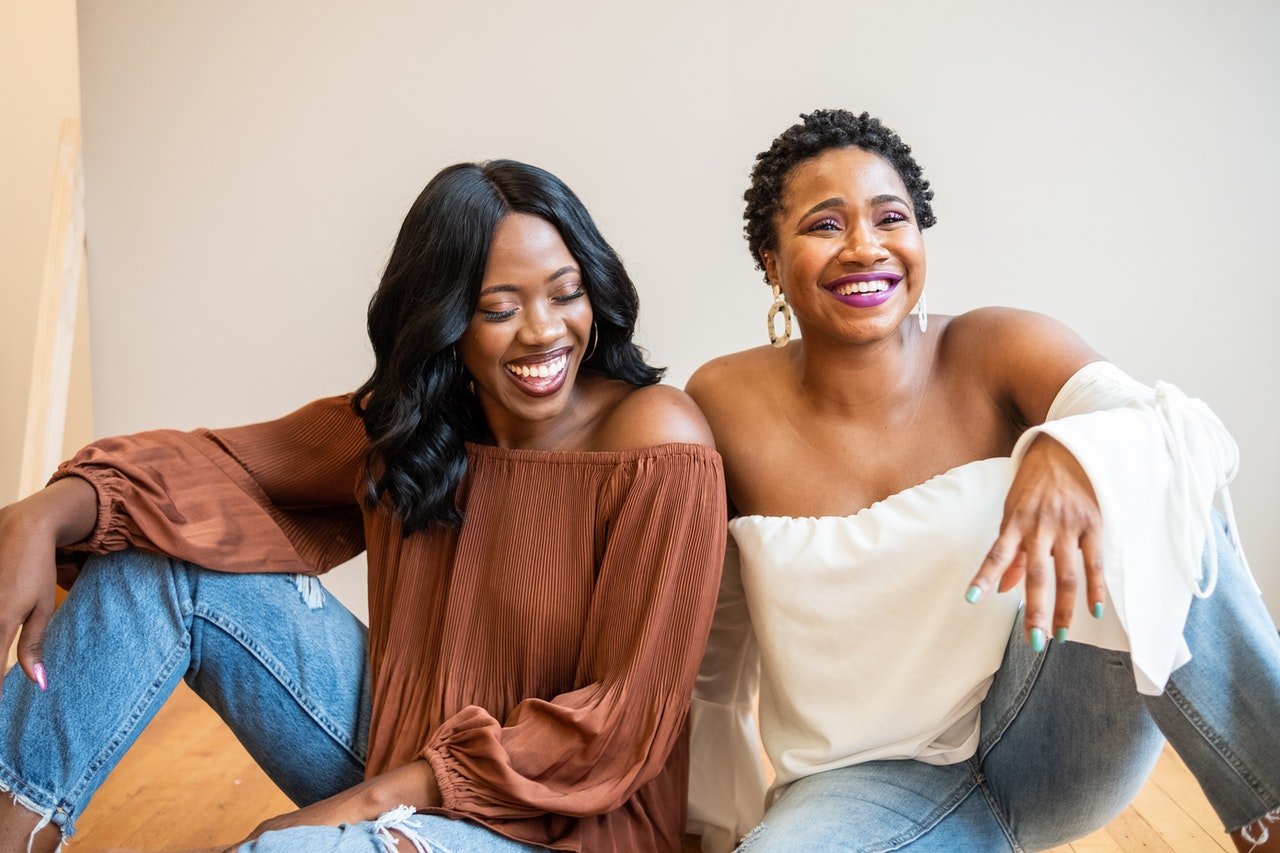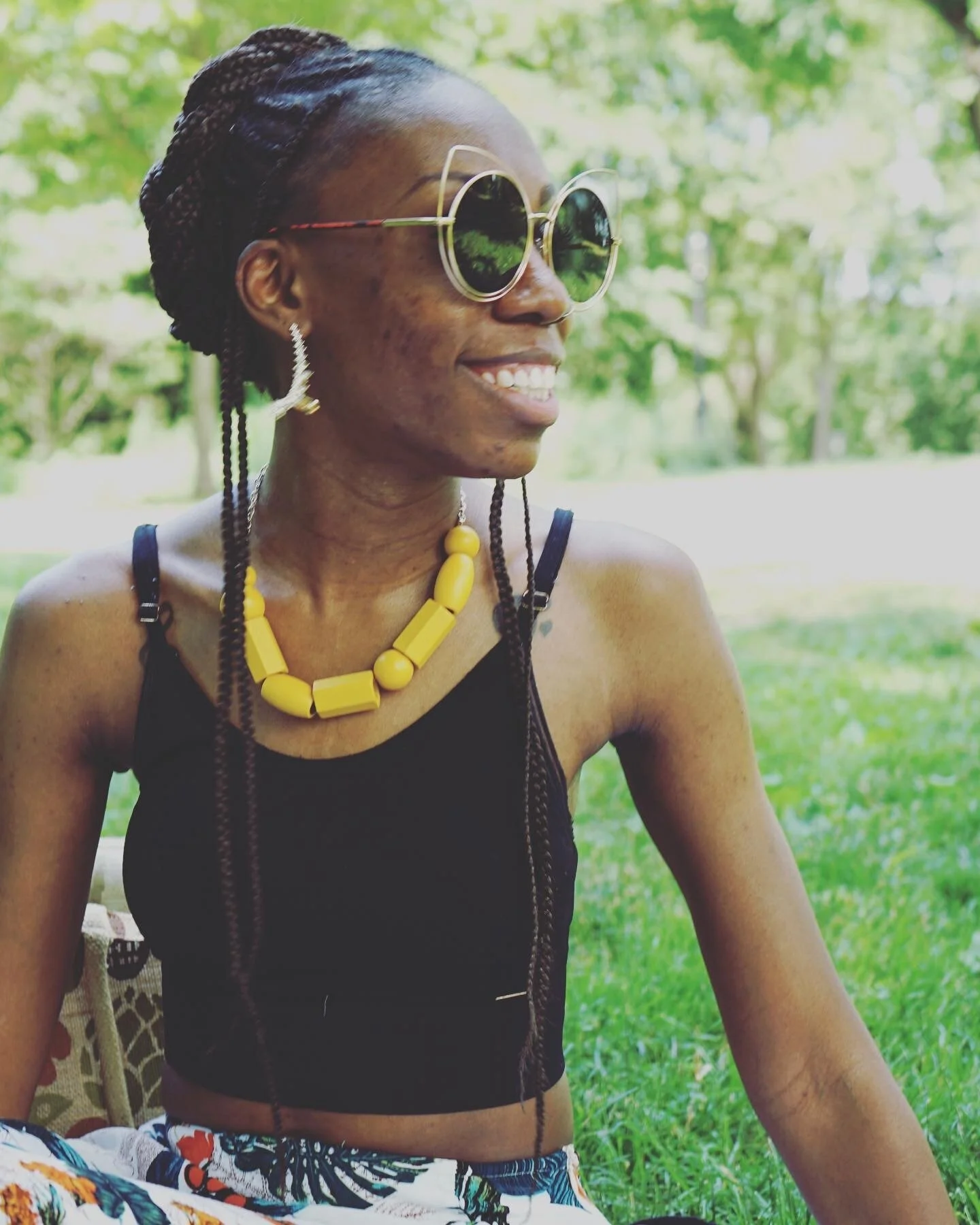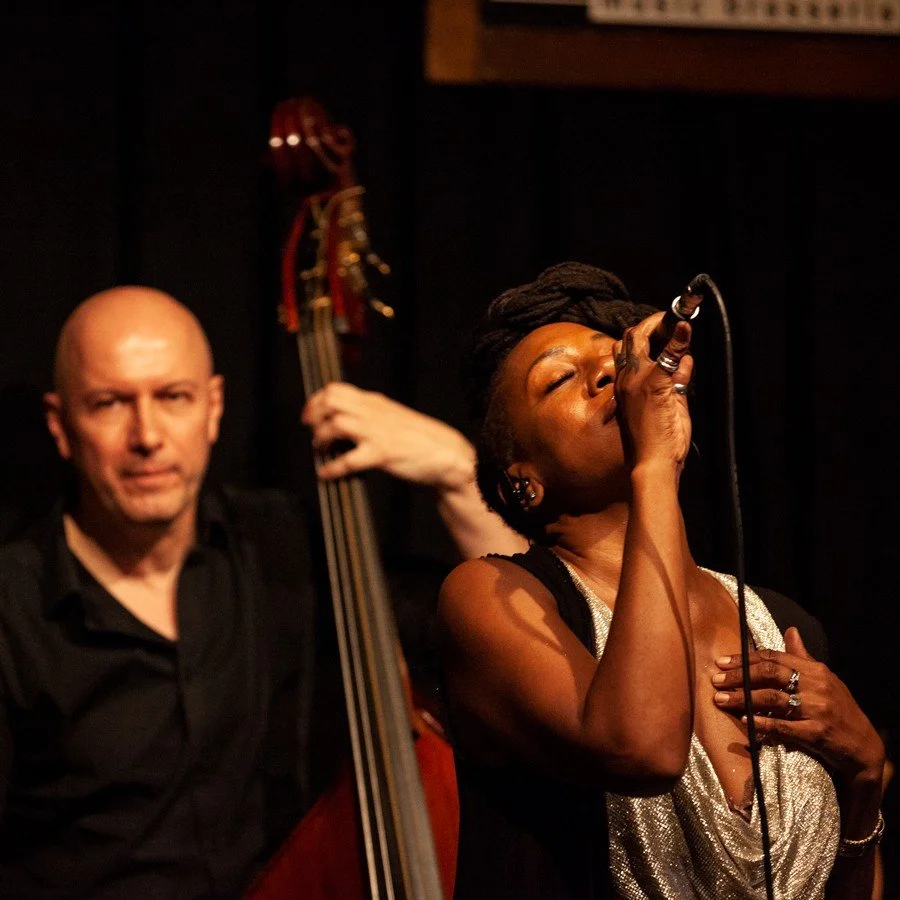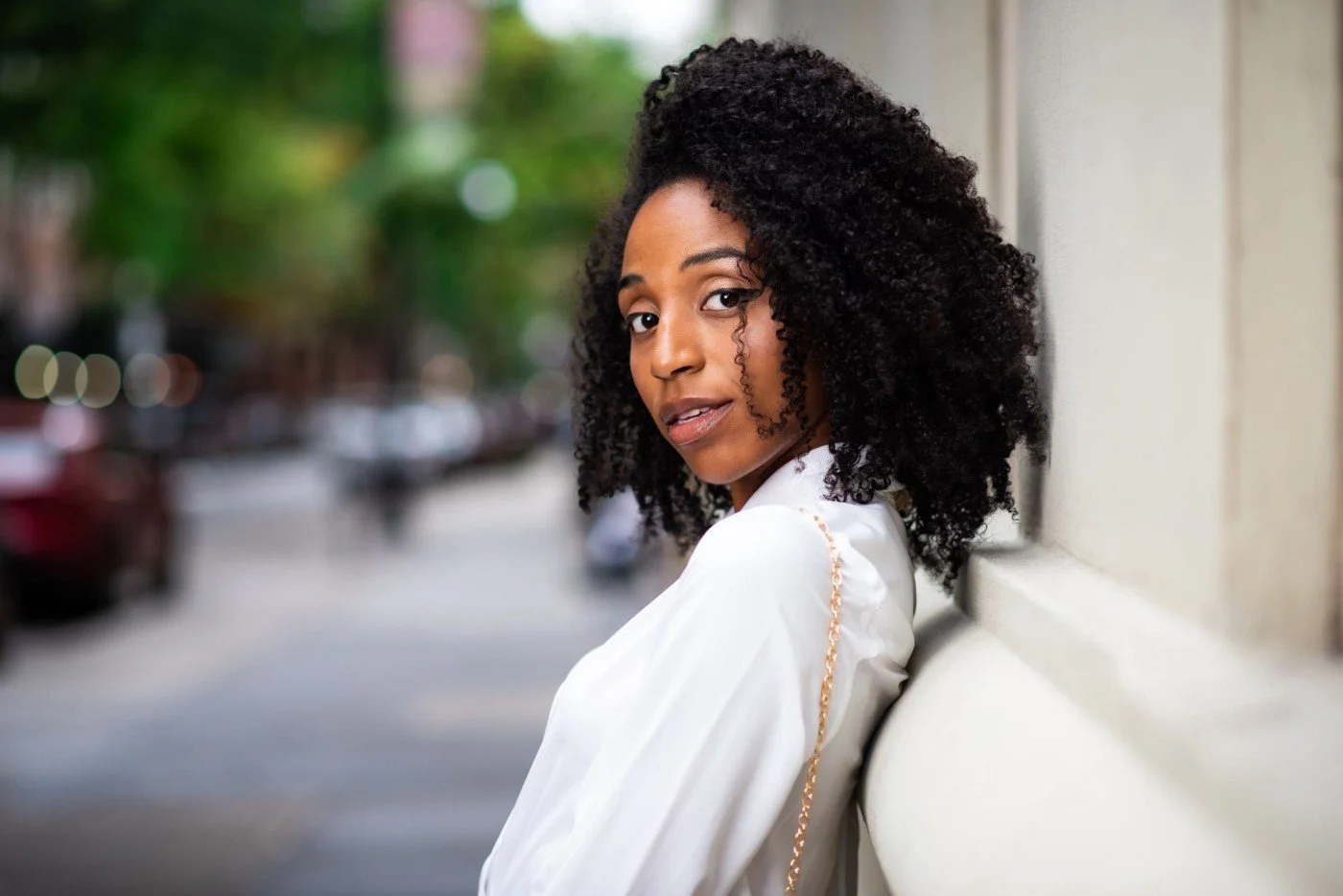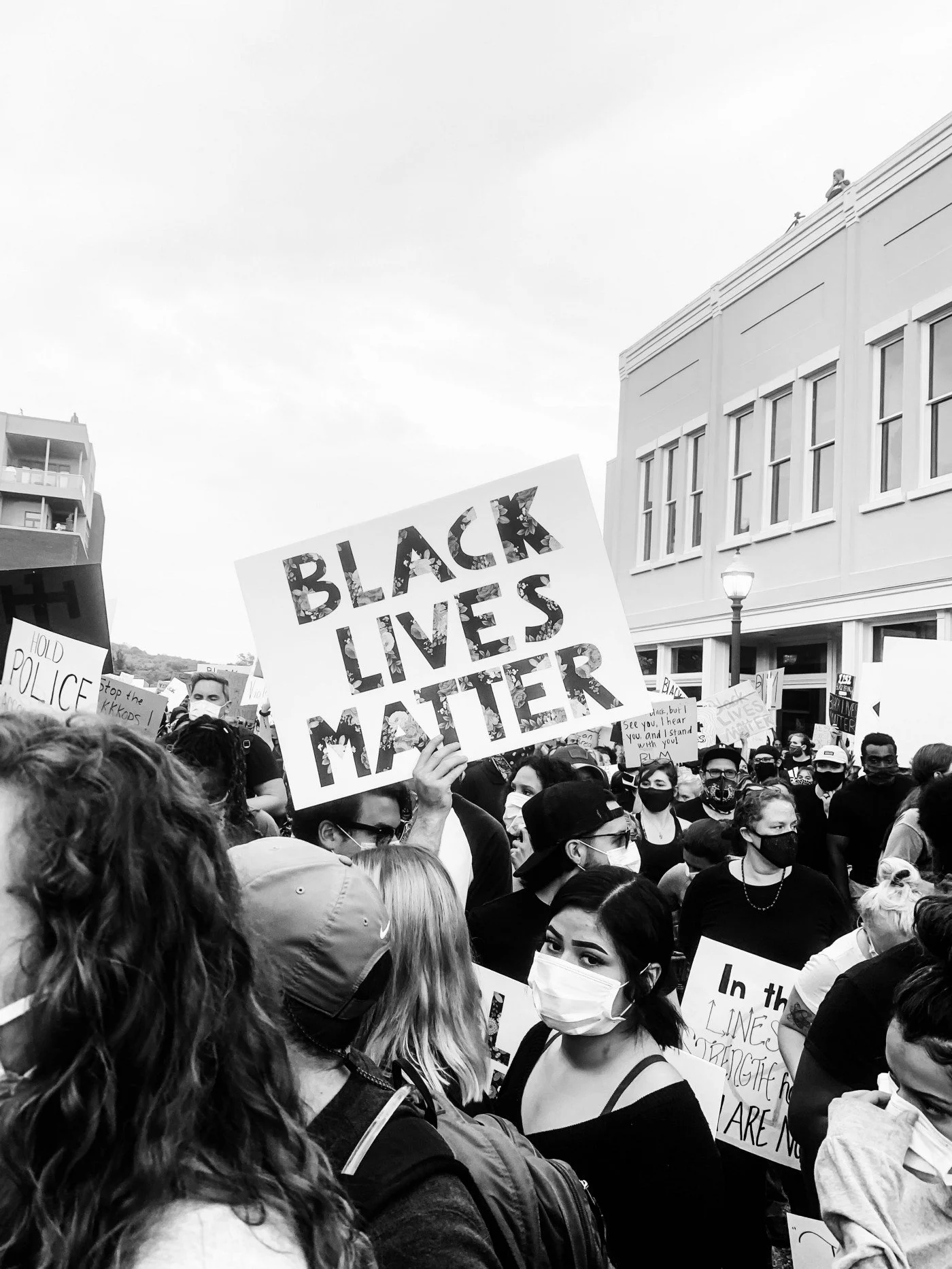Fetishized to Freedom: What I Learned from Being the Only Black Girl
Written by: Lisa Marie Simmons
Living in Italy and being raised in Boulder, Colorado influenced so much of my writing and artistry. The reality of often being the only Black woman in the room, and the inevitable consequences that brings, informs much of how I see and move through the world. I’ve built up a dam against the onslaught of continuous programming of what is considered beautiful, important, worthy of note, or exemplary — knowing full well that this is a gaze filtered through the eyes of what white America deems valuable. But the skewed narrative sometimes seeps in through the cracks.
The Only One in the Room
My school didn’t have Black authors in the curriculum. I was a voracious reader and growing up as a transracial adoptee, I was famished for information about Black communities around America. My adoptive father was black but seemed to be in a constant struggle to show just how alike he was to all of his white neighbors with his white wife and had no time for my curiosity. So I would seek out all I could find at our local library. To this day, I remember the smell of that place as I walked in, sharpened pencils and paper, then the smell of the books, pure magic, as I cracked them open, sat in a pool of sunlight, and disappeared.
I met Joe when he arrived from Chicago to our junior high school. At this time, all the kids were experimenting — first kisses, holding hands, pairing off. Joe and I were thrown together by our Sesame Street trained classmates who were thinking of me, “one of these things is not like the other, one of these things just doesn’t belong!” He spoke with terminology, with the lingo that I’d only seen in books, and with a cadence that I loved (though I did not love him) and imitated. My father was aghast and forbade me to use any Black slang, telling me I already had two strikes against me being Black and a woman and insisted on speaking properly. I’d never seen him so incensed and it left its mark. I dropped “ain’t” but, rejected his conformity.
One reason Joe could not turn my head is that I was already besotted. I was best friends with a blond boy, John S., who I did love — my first huge crush. We’d hang out at his house where he gave me my first kiss. He was from a wealthy family — a country club, entitled child — and when I asked him why he wouldn’t hold hands with me at school or acknowledge our connection he said, “You are the best friend and the prettiest girl I know, but it would, uh… ruin my reputation…” It broke my heart.
There were many uncomfortable, even damaging, moments growing up as the only one. I found myself playing the clown, rejecting the “Where’s your sense of humor?” my classmates threw in my face when I did try to address micro and macro aggressions I dealt with daily. I didn’t have the language to deal with the pain of being “othered” by my classmates and I wanted to fit in so I mostly kept silent about race and accepted the roles they deemed appropriate for me. Both teachers and students seemed to think I had an innate talent for music or sports before I showed any aptitude for those pursuits. Happily, I gravitated towards performance at a young age because it actually was where I felt most at home. While in high school I was torn between theatre, music, and writing. I knew I wanted to live a life of artistic pursuit and that the beauty of language was key. Luckily, attending Fairview High in Boulder, Co. allowed me to explore all of these avenues as it had a kickass arts program. I am not a shy person and I did not lack for friends, but, as one might imagine — growing up in Boulder, well, they were almost exclusively white.
At Fairview, I daydreamed about and longed for the attention of another John, this one was John C. This John was a tall, blond (again!), high school football star, and the heart’s desire of many young girls in love with the idea of love. We became friends and I pined after him terribly. At parties, held at the homes of whoever’s parents’ were out of town, we’d play quarters and after a few beers, John C. would inevitably flirt with me and make rude, sexual innuendos about what he’d like to do to me just to make his buddies laugh. My self-esteem was so low that I lapped up those moments and waited… and waited… and waited for him to ask me out. It was John S. all over again. This pattern repeated itself several times and I felt less and less attractive each time.
Finding Myself in the Big Apple
A small transformation happened during my senior year when I found my audition for The American Academy of Dramatic Arts in NYC had been accepted. It boosted my confidence to the extent that I stopped trying to straighten my hair to fit in — it wasn’t working anyway — and cut it all off into a short fro. I moved to NYC from Boulder, Colorado at age nineteen, where I shared a roach ridden room on Riverside Drive with my friend Liza Mae from back home. I was still torn between disciplines — reaching, searching, digging to find my place, and my voice. I thought I wanted to act but was also singing and writing poems every day. I was trying to figure out where my expression lay while reveling in finally finding people who were black like me.
After a few months, I was getting my legs and had co-founded my first band. I was kicking it in the East Village with my brand new black, steel-toed boots on that I’d bought earlier in the day from a girl selling all she had on the street to buy a plane ticket to somewhere, anywhere in Europe. It was so late at night, it was early morning; but I’m with my new found kindreds, drinking out of a brown paper bag, and laughing as loudly as I want to. Someone calls out from a parallel street, “Is that Lisa Simmons? I know that laugh!” It turns out to be John C., that kid I had known in Colorado who I had had such a crush on. “Lisa, Lisa, Lisa,” he kept drunkenly repeating and I responded, not unkindly but a bit sardonically, “John, John, John,” back at him. We marveled at the coincidence that of all the streets in New York and all the hours of the day we should meet, this moment seemed like a benediction. John invited me to dinner the next evening and I was delighted.
He spent the entire evening telling me how hot I have always been and apologizing for not having asked me out in Boulder even though he had wanted to. His words were gratifying at first, but by the end of dinner, he was practically crying as he begged my forgiveness. I really did not care one bit, which was freeing. I found it hilarious that he wanted my forgiveness. What was that going to give him? He was in town for two nights, feeling lonely and out of place, and seized on this opportunity to do what? I couldn’t absolve him.
John’s self-pitying, pathetic proposal was sickeningly presented in a way that teetered between thinking I ought to be grateful to have this chance to be with him and penance. By this time, I’d been out of the all-pervasive stultifying Boulder bubble and into illuminated NYC long enough to already know that I was hot, so either way, I was out. Joyfully out.
It felt so so so good to say, “no, not interested” and kick him to the curb. That was truly the moment I left Boulder and its confounding, twisted doublespeak behind. It was a defining moment for my sense of self and how I found my voice outside of the white gaze.
Free from the White Gaze
Since George Floyd’s murder, those same friends from my past are now waking to the abundance of their privilege and viewing that shared history from a new perspective. While I welcome the soul searching and all, I find it baffling that so many were unaware that my Boulder experience differed at all from theirs, just as I find it baffling that all of the murders before George Floyd, all of the books and art made, all of the essays and songs written, did not inspire such awareness of the reality of the systemic and institutional racism BIPOC experience.
Even though my school didn’t have many Black authors in the curriculum, I am deeply thankful to Toni Morrison for her commitment to write and reject that white gaze. I grew up drowning in it and reading work like hers at the library allowed me to come up for air. I devoured her books and uncovered a world that I desperately wanted to join. I think I’m there; at that place where I’m not compelled to absolve white guilt or shrink myself to fit some mold. I’ve stepped into a place, similar to a Toni Morrison novel, where that gaze cannot penetrate.


